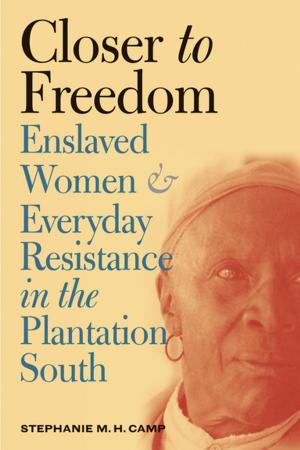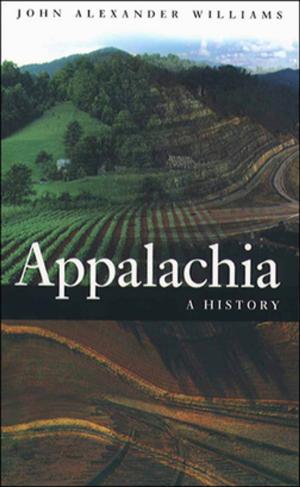Welcome to Fairyland
Queer Miami before 1940
Nonfiction, Social & Cultural Studies, Social Science, Gender Studies, Lesbian, Gay Studies| Author: | Julio Capó | ISBN: | 9781469635217 |
| Publisher: | The University of North Carolina Press | Publication: | October 3, 2017 |
| Imprint: | The University of North Carolina Press | Language: | English |
| Author: | Julio Capó |
| ISBN: | 9781469635217 |
| Publisher: | The University of North Carolina Press |
| Publication: | October 3, 2017 |
| Imprint: | The University of North Carolina Press |
| Language: | English |
Poised on the edge of the United States and at the center of a wider Caribbean world, today's Miami is marketed as an international tourist hub that embraces gender and sexual difference. As Julio Capo Jr. shows in this fascinating history, Miami's transnational connections reveal that the city has been a queer borderland for over a century. In chronicling Miami's queer past from its 1896 founding through 1940, Capo shows the multifaceted ways gender and sexual renegades made the city their own.
Drawing from a multilingual archive, Capo unearths the forgotten history of "fairyland," a marketing term crafted by boosters that held multiple meanings for different groups of people. In viewing Miami as a contested colonial space, he turns our attention to migrants and immigrants, tourism, and trade to and from the Caribbean--particularly the Bahamas, Cuba, and Haiti--to expand the geographic and methodological parameters of urban and queer history. Recovering the world of Miami's old saloons, brothels, immigration checkpoints, borders, nightclubs, bars, and cruising sites, Capo makes clear how critical gender and sexual transgression is to understanding the city and the broader region in all its fullness.
Poised on the edge of the United States and at the center of a wider Caribbean world, today's Miami is marketed as an international tourist hub that embraces gender and sexual difference. As Julio Capo Jr. shows in this fascinating history, Miami's transnational connections reveal that the city has been a queer borderland for over a century. In chronicling Miami's queer past from its 1896 founding through 1940, Capo shows the multifaceted ways gender and sexual renegades made the city their own.
Drawing from a multilingual archive, Capo unearths the forgotten history of "fairyland," a marketing term crafted by boosters that held multiple meanings for different groups of people. In viewing Miami as a contested colonial space, he turns our attention to migrants and immigrants, tourism, and trade to and from the Caribbean--particularly the Bahamas, Cuba, and Haiti--to expand the geographic and methodological parameters of urban and queer history. Recovering the world of Miami's old saloons, brothels, immigration checkpoints, borders, nightclubs, bars, and cruising sites, Capo makes clear how critical gender and sexual transgression is to understanding the city and the broader region in all its fullness.















